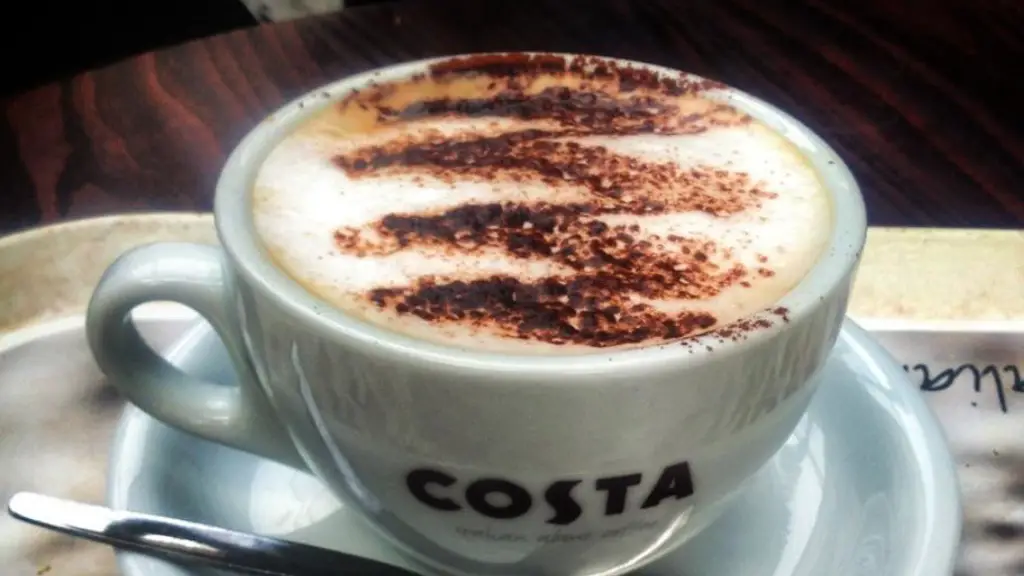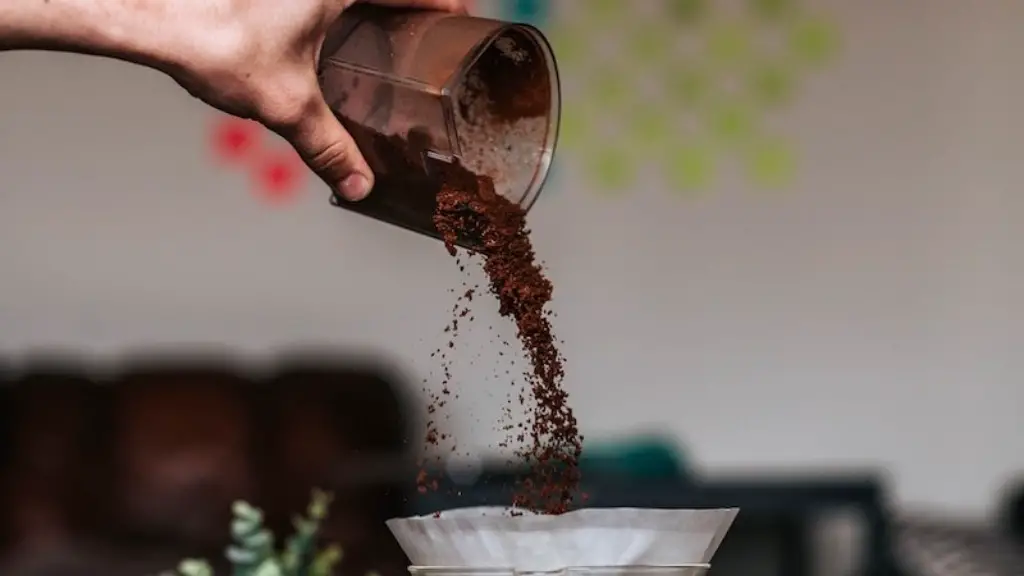History and Origin
Coffee is one of the world’s most popular beverages. It is believed to have originated in Ethiopia centuries ago. It was then transported to Egypt and Turkey and eventually spread to Europe and the rest of the world. Today, coffee is one of the most important economic crops and is grown in more than 70 countries across the world.
Types
Coffee comes in many different varieties and flavours. Arabica and Robusta are the two main varieties of coffee beans. Arabica beans produce a milder, sweeter and more aromatic cup of coffee compared to Robusta beans, which produce a more pungent and intense cup of coffee. There are also other varieties such as Buena Vista, Liberica and Excelsa.
Brewing
Brewing coffee involves extracting flavours from the coffee beans by introducing hot water to them. Typically, coffee is brewed either by immersion or infusion – whereby a coarse type of coffee grounds is completely submerged in hot water for a few minutes and allowed to infuse. Alternatively, hot water is lightly sprayed over a bed of fine coffee grounds for around half a minute and allowed to extract the coffee’s flavour.
Drinking
After it has been brewed, coffee can be enjoyed in various forms. Some of the most popular coffee drinks include lattes, cappuccinos and espresso. Lattes are prepared by adding steamed milk to espresso, while cappuccinos are prepared by adding milk foam and a sprinkle of cocoa powder to espresso. Espresso, meanwhile, is created by forcing hot water through finely ground coffee beans and is usually stronger, more concentrated and has more caffeine than other coffee drinks.
Preparation
Coffee can also be prepared in many different ways. Drip coffee uses paper or metal filters to separate the grounds from the water, while French press coffee involves pushing a plunger down through the hot water to separate the grounds. Cold brew coffee is created by steeping grounds in cold water over a period of 12-24 hours. Then there’s instant coffee, which dissolve in hot water almost instantly, making it a great option for those looking for a quick caffeine fix.
Health Benefits
Coffee can be beneficial in moderate amounts. Studies have shown that coffee can provide a range of health benefits such as improved focus, enhanced cognitive performance, improved mood and even the potential to reduce the risk of certain diseases, including type 2 diabetes, Alzheimer’s and Parkinson’s.
Environmental Impacts
Coffee production has a huge environmental impact. The production and consumption of coffee has been identified as a major contributor to climate change. From the use of chemicals and pesticides, to the deforestation of land for coffee plantations and the use of energy throughout the production process, the environmental impact of coffee production is a growing concern and one that’s not going away anytime soon.
Trade
Coffee is one of the world’s most important commodities. For decades, coffee has been traded in the international market, with much of it coming from developing countries such as Brazil and Colombia. These countries produce the vast majority of the world’s coffee and rely heavily on the revenues generated by its exports.
Coffee Culture
Coffee has become a part of our culture. From the specialty coffee shops popping up across the country, to social media posts celebrating the beverage, there’s no denying that coffee has become an integral part of our lives. It has even become a form of art, with baristas creating stunning latte art in the form of leaves, flowers and hearts.


